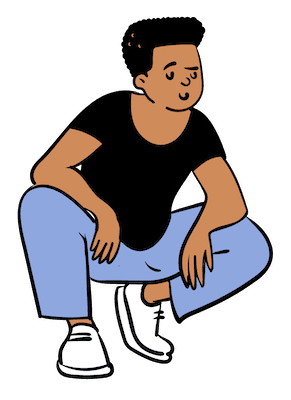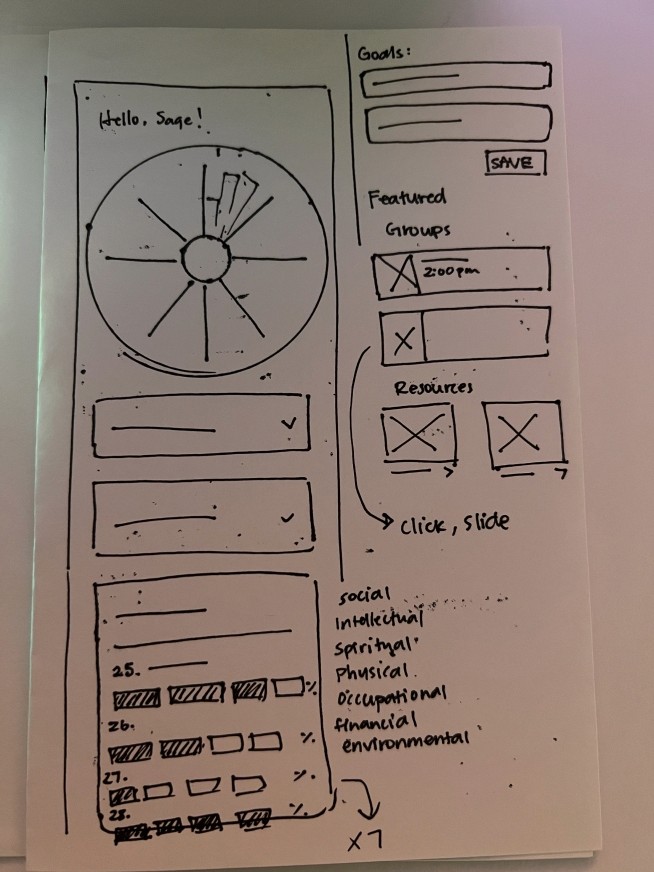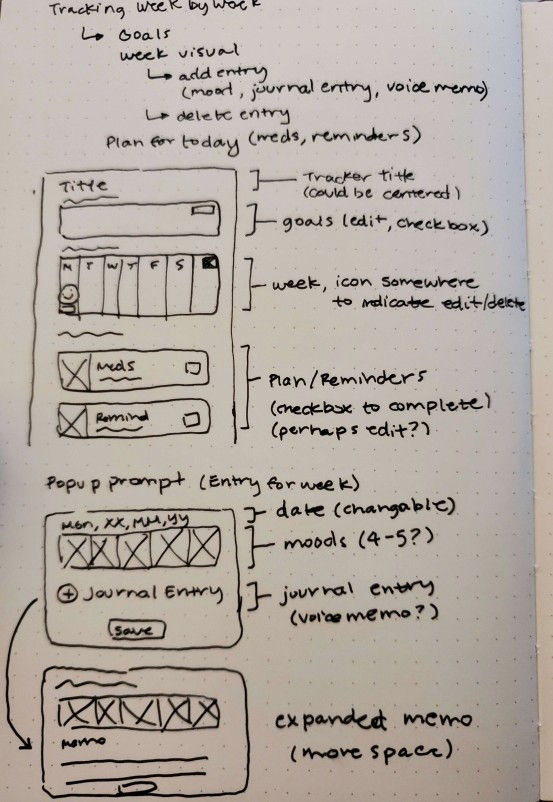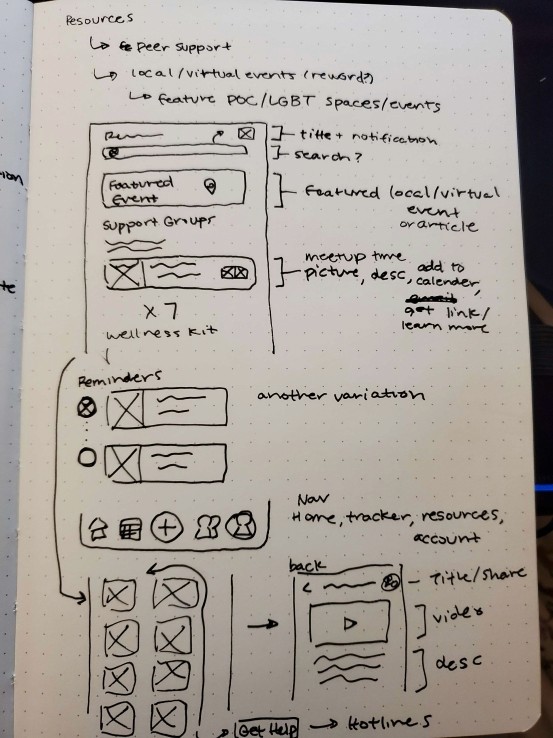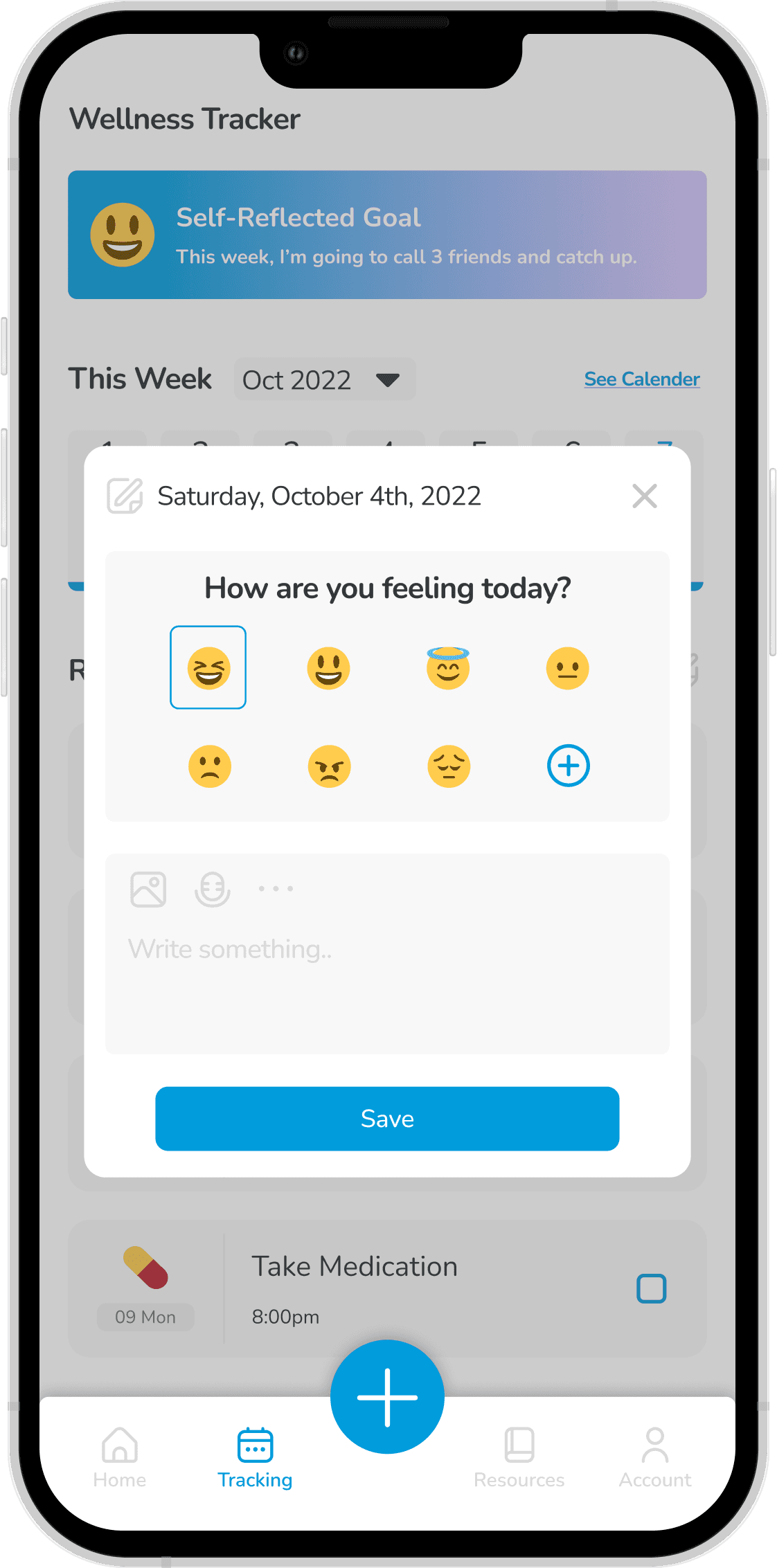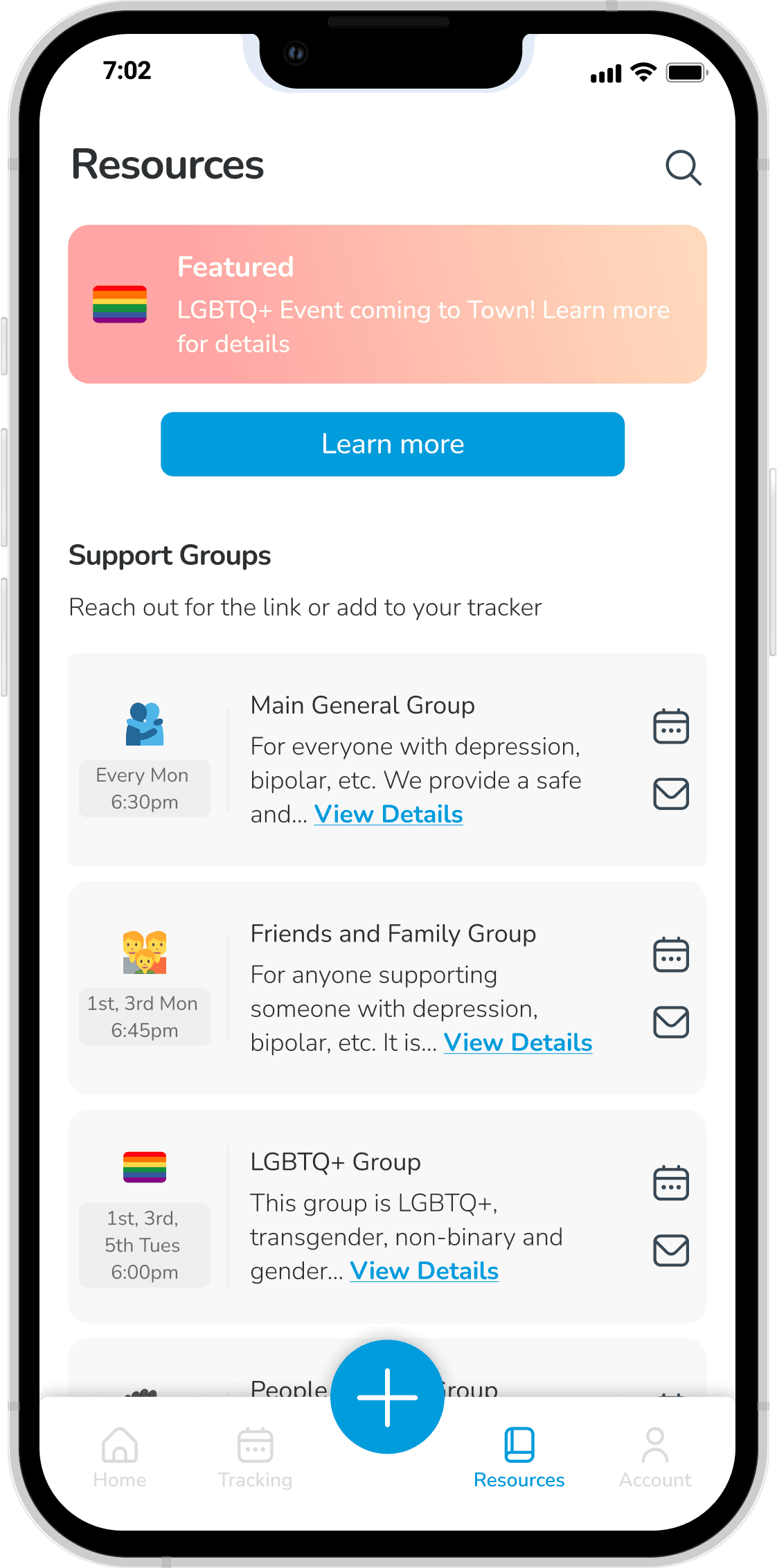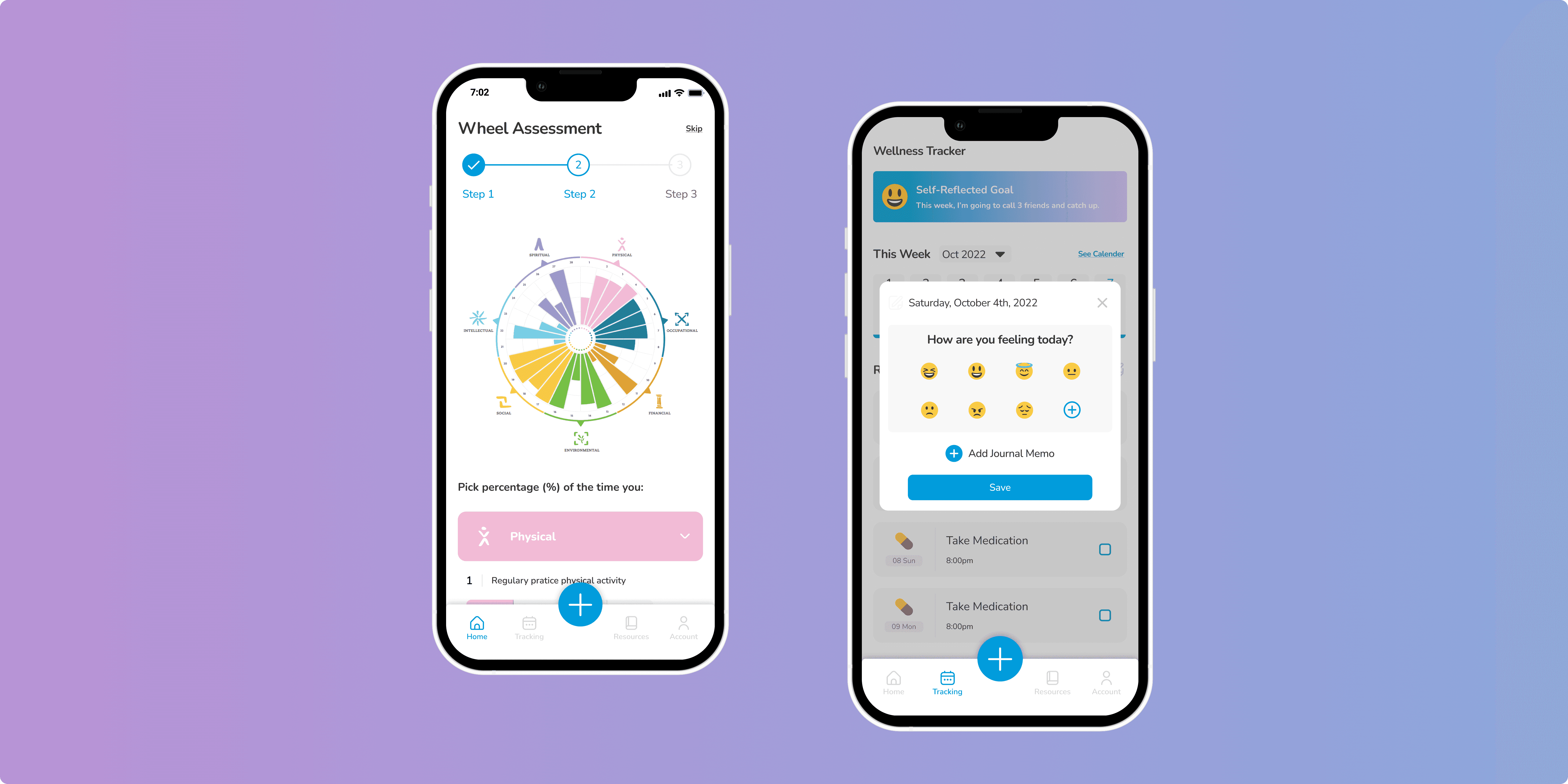
Until then, please feel free to browse the interactive prototype :)
Click here for Mobile
I was fortunate enough to be able to participate and collaborate with such talented women. Although this hackathon was short-lived, we were able to learn and grow as a team.
Although our designs did not get chosen, our work was able to:
Turn a paper documentation process into a user-friendly and inclusive experience
Encourage a transition that promotes users to be more proactive with taking charge of their mental health
Next Steps
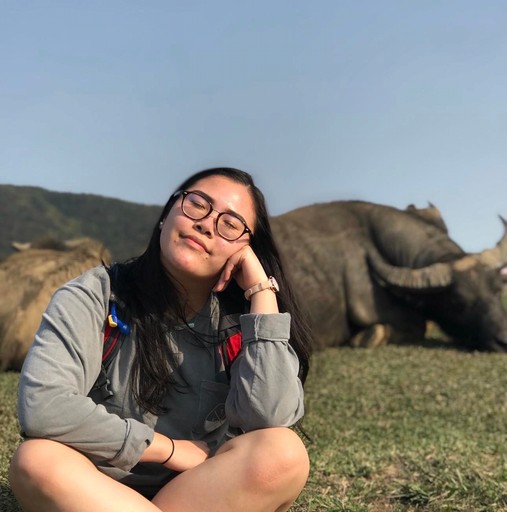
Me
UX Researcher /Designer

Natalie
UI/UX Designer

Shifan
UI/UX Designer

Sarah
UI/UX Designer
Meet the Crew
As a team, we decided that Wellness tracker can be optimized even further.
We wanted the app to offer more than just tracking
Promoted accessibility through implementing a voice memo logging and tracking system
Added a resource section for support groups, featured events, and hobby-related clubs.
So we,
Let us elaborate:
Bonus!
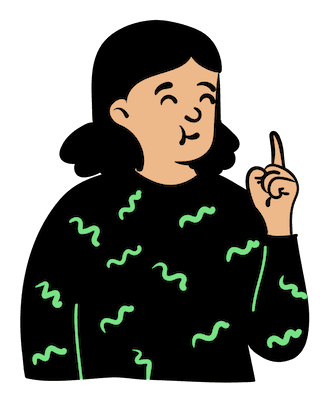




We utilized DBSA's current wellness model (My Wellness Wheel), app, and our market analysis results to structure our design solutions.
DBSA only had a pdf version of their wellness tracker, making it difficult for user to easily track their symptoms and activities. Their app had been unused for quite some time due to the complexity of the tracker and outdated design system.
Setting the Direction
Due to time constraints, we were not able to sketch as many wireframes as we would have like. However, we were still able to efficiently create a solution under these circumstances
Our design goals were to follow up-to-date trends and practices of current apps on the market, all while meeting the user needs and expectations.
